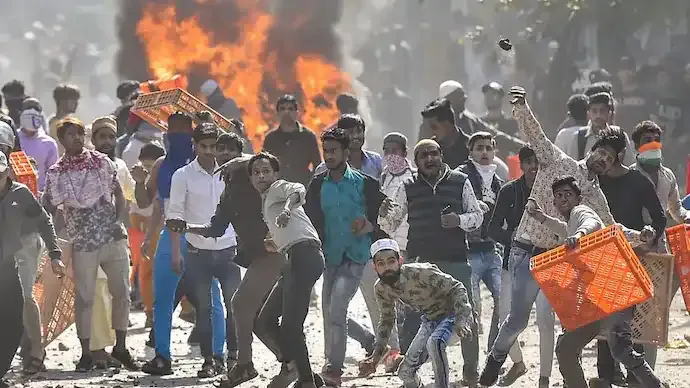Shopping cart
Your cart empty!
Terms of use dolor sit amet consectetur, adipisicing elit. Recusandae provident ullam aperiam quo ad non corrupti sit vel quam repellat ipsa quod sed, repellendus adipisci, ducimus ea modi odio assumenda.
Lorem ipsum dolor sit amet consectetur adipisicing elit. Sequi, cum esse possimus officiis amet ea voluptatibus libero! Dolorum assumenda esse, deserunt ipsum ad iusto! Praesentium error nobis tenetur at, quis nostrum facere excepturi architecto totam.
Lorem ipsum dolor sit amet consectetur adipisicing elit. Inventore, soluta alias eaque modi ipsum sint iusto fugiat vero velit rerum.
Sequi, cum esse possimus officiis amet ea voluptatibus libero! Dolorum assumenda esse, deserunt ipsum ad iusto! Praesentium error nobis tenetur at, quis nostrum facere excepturi architecto totam.
Lorem ipsum dolor sit amet consectetur adipisicing elit. Inventore, soluta alias eaque modi ipsum sint iusto fugiat vero velit rerum.
Dolor sit amet consectetur adipisicing elit. Sequi, cum esse possimus officiis amet ea voluptatibus libero! Dolorum assumenda esse, deserunt ipsum ad iusto! Praesentium error nobis tenetur at, quis nostrum facere excepturi architecto totam.
Lorem ipsum dolor sit amet consectetur adipisicing elit. Inventore, soluta alias eaque modi ipsum sint iusto fugiat vero velit rerum.
Sit amet consectetur adipisicing elit. Sequi, cum esse possimus officiis amet ea voluptatibus libero! Dolorum assumenda esse, deserunt ipsum ad iusto! Praesentium error nobis tenetur at, quis nostrum facere excepturi architecto totam.
Lorem ipsum dolor sit amet consectetur adipisicing elit. Inventore, soluta alias eaque modi ipsum sint iusto fugiat vero velit rerum.
Do you agree to our terms? Sign up

In a major revelation, the Delhi Police has described the 2020 Delhi riots as a premeditated and foreign-influenced “regime-change operation”, according to details of an affidavit finalised for submission before the Supreme Court. The affidavit opposes the bail pleas of Umar Khalid, Sharjeel Imam, Meeran Haider, Gulfisha Fatima, and several others accused in the larger conspiracy case.
The police assert that the riots were not a spontaneous outbreak, but a carefully orchestrated attempt to destabilise India by exploiting dissent against the Citizenship (Amendment) Act (CAA). According to investigators, ocular, documentary, and technical evidence supports the claim of a deep-rooted conspiracy structured along communal lines.
The affidavit highlights that the violence was strategically timed with former US President Donald Trump’s visit to India, aiming to attract global attention and tarnish India’s image internationally. The CAA protests, the police claim, were used as a facade for radical mobilisation, designed to project internal discord on a global scale.
According to Delhi Police officials, the CAA issue served as a radicalising catalyst, deliberately chosen to ignite tensions and portray India as repressive during an event of high international visibility.
The Delhi Police have also accused the petitioners of intentionally delaying trial proceedings through what they term as “frivolous applications” and “coordinated non-cooperation.” The affidavit asserts that the accused have abused the legal process to stall the framing of charges and commencement of trial.
Officials stated that only 100–150 witnesses are material to the case and that the trial could conclude swiftly if the accused cooperated with judicial procedures.
Invoking the Unlawful Activities (Prevention) Act (UAPA), the Delhi Police have maintained that “jail, not bail” should apply, given the serious nature of the charges. The affidavit argues that the accused have not successfully rebutted the prima facie presumption of guilt, and that the gravity of the offence justifies continued detention.
Investigators have presented digital evidence, including chat messages referencing Trump’s visit, as proof that the riots were premeditated. These communications allegedly show attempts to internationalise the CAA issue and draw global media focus on India’s domestic policies.
The police contend that the violence was engineered to coincide with global optics, turning a domestic protest into a perceived human rights crisis.
The affidavit notes that the conspiracy led to the deaths of 53 people, large-scale property destruction, and the registration of over 750 FIRs. The police have further suggested that there were attempts to replicate similar unrest across India, implying a broader pan-national network behind the disturbances.
By portraying the 2020 Delhi riots as part of a larger, foreign-backed plot, the Delhi Police aim to establish that the violence went beyond political protest — representing an organized attack on India’s sovereignty and internal peace.
16
Published: Oct 30, 2025